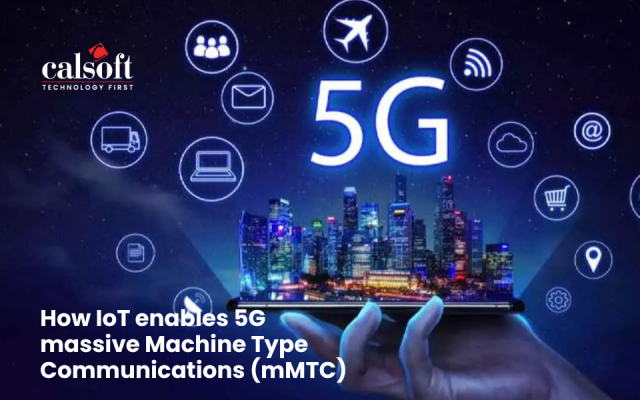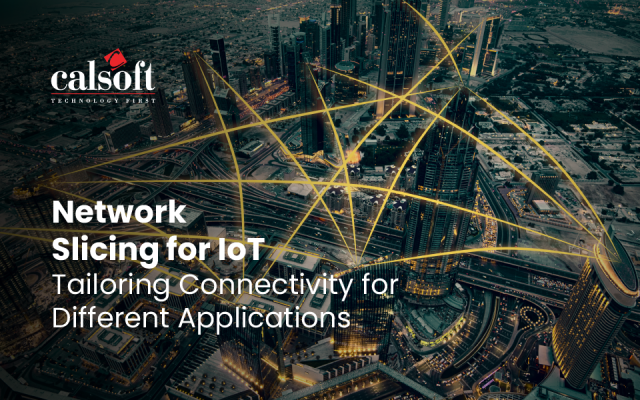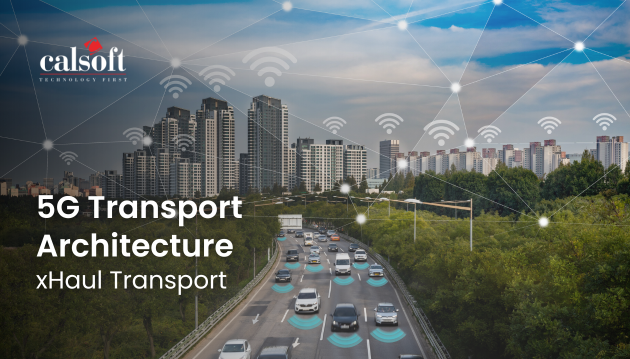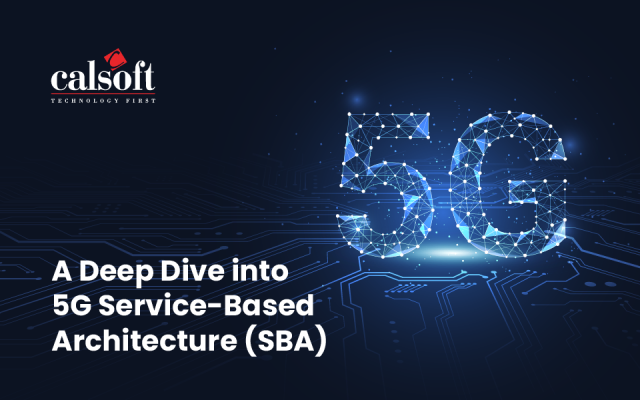You can download the PDF copy of this infoblog, please share your details below so that we can send you the copy.
Related Posts

Top Emerging Technology Trends in Networking & Telecom 2025
Stay updated with the latest telecom trends for 2024. Learn about AI, 5G, edge computing, cybersecurity, SD-WAN, and Open RAN.

How IoT enables 5G massive Machine Type Communications (mMTC)
Explore how 5G’s Massive Machine Type Communications (mMTC) revolutionize IoT, enhancing smart cities, transportation, and healthcare with unmatched connectivity.

Unleashing the Power of Multi-Access Edge Computing: Revolutionizing Data Processing at the Edge
Explore how MEC helps telecom industry to unlock new levels of efficiency, innovation and faster decision-making to realize advanced applications such as IoT, augmented reality, autonomous vehicles, and more.

Network Slicing for IoT: Tailoring Connectivity for Different Applications
Network slicing is a transformative concept in the realm of IoT, where diverse applications with changing needs exist. Network slicing supports dynamic resource sharing according to the specific technical requirements of each application, optimizing the use of network infrastructure and enhancing overall efficiency. Network slicing for IoT brings immense potential to steer innovation, improve operational efficiency, and unlock new use cases across various industries. Read the blog to explore the significance of network slicing to tailor connectivity for diverse IoT applications.

5G Transport Architecture: xHaul Transport
The telecom industry is witnessing a rapid network transformation, enabled by a wide range of pioneering technology trends. The network transformation is towards a virtualized, software defined, flexible, and open framework to support next generation 5G use cases. To effectively realize a high quality 5G user experience, future transport networks will play a crucial role to meet service requirements such as peak data rates, maximum coverage, ultra-low latency, synchronization, and security. Read the blog to explore 5G transport technologies and the key advancements in 5G transport architecture.


